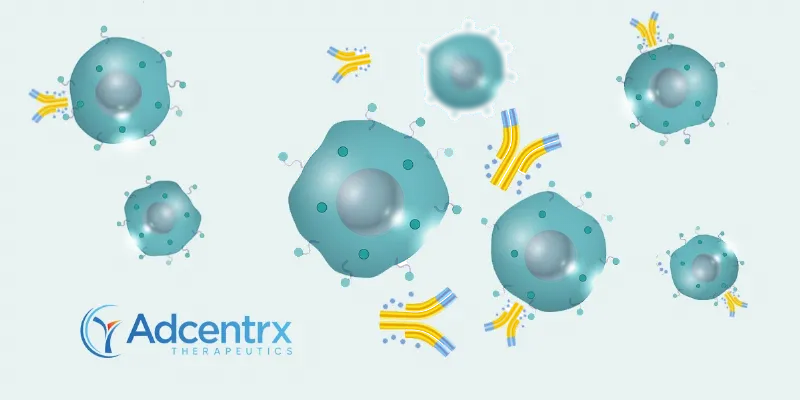Adcentrx’s Nectin-4 ADC, ADRX-0706, Earns FDA Fast Track for Cervical Cancer

Noval ADC candidate ADRX-0706 received FDA Fast Track designation for advanced cervical cancer. Targeting Nectin-4 with a novel IgG1 antibody and AP052 payload, ADRX-0706 showed promising safety and efficacy in Phase 1a trials, including low peripheral neuropathy.
Adcentrx Therapeutics has announced that the U.S. Food and Drug Administration (FDA) has granted Fast Track designation to its novel antibody-drug conjugate (ADC), ADRX-0706 for advanced cervical cancer. The decision underscores both the scientific promise of this investigational therapy and the pressing clinical need it seeks to address.
At the heart of this potential breakthrough is Nectin-4, a cell surface adhesion protein found to be highly expressed in cervical cancer cells, but with limited expression in healthy tissue. This selective expression makes it an ideal target for ADCs, which rely on precision delivery to minimize off-target toxicity. Importantly, high Nectin-4 expression has also been associated with poorer clinical outcomes, adding urgency to the search for effective interventions.
“This recognition, together with the early clinical signals observed for ADRX-0706, reinforces the best-in-class potential of our Nectin-4 ADC and provides the opportunity for enhanced regulatory dialogue as we continue advancing this important program through clinical development,” said Hui Li, Ph.D., Founder and CEO of Adcentrx.
ADRX-0706: Redefining ADC Design
ADRX-0706 is not just another ADC—it’s the product of Adcentrx’s proprietary i-Conjugation® technology, a platform engineered to address several limitations of earlier-generation ADCs. The antibody backbone of ADRX-0706 is a fully human IgG1 specifically designed to bind Nectin-4. It is conjugated to a novel tubulin inhibitor payload, AP052, using a cleavable linker that ensures stable drug delivery until it reaches the tumor microenvironment.
This conjugation strategy allows for a high drug-to-antibody ratio (DAR) of 8, a technical feat that, according to preclinical data, contributes to an expanded therapeutic window. The result is a molecule designed for more efficient tumor cell killing with fewer systemic side effects.
In the ongoing Phase 1a/b trial (NCT06036121), ADRX-0706 is being evaluated in patients with a range of advanced solid tumors, including cervical cancer. Interim findings from the dose-escalation Phase 1a portion—set to be presented at the 2025 ASCO Annual Meeting—show a differentiated safety profile. Notably, early data suggest a lower incidence of peripheral neuropathy, a common and often debilitating side effect of tubulin-targeting therapies.
A Strategic Advantage
The FDA’s Fast Track program offers several practical benefits. For Adcentrx, it opens the door to more frequent communication with regulators and potential eligibility for Accelerated Approval, Priority Review, and Rolling Review—tools that can significantly streamline the path to market.
More importantly, it brings hope to a patient population that urgently needs new options. Once a disease relapses after standard treatments such as chemoradiation or bevacizumab-based regimens, the therapeutic arsenal for cervical cancer becomes alarmingly sparse.











Comments
No Comments Yet!